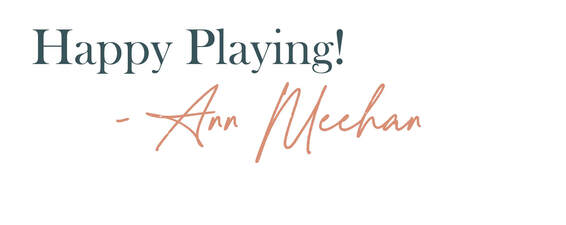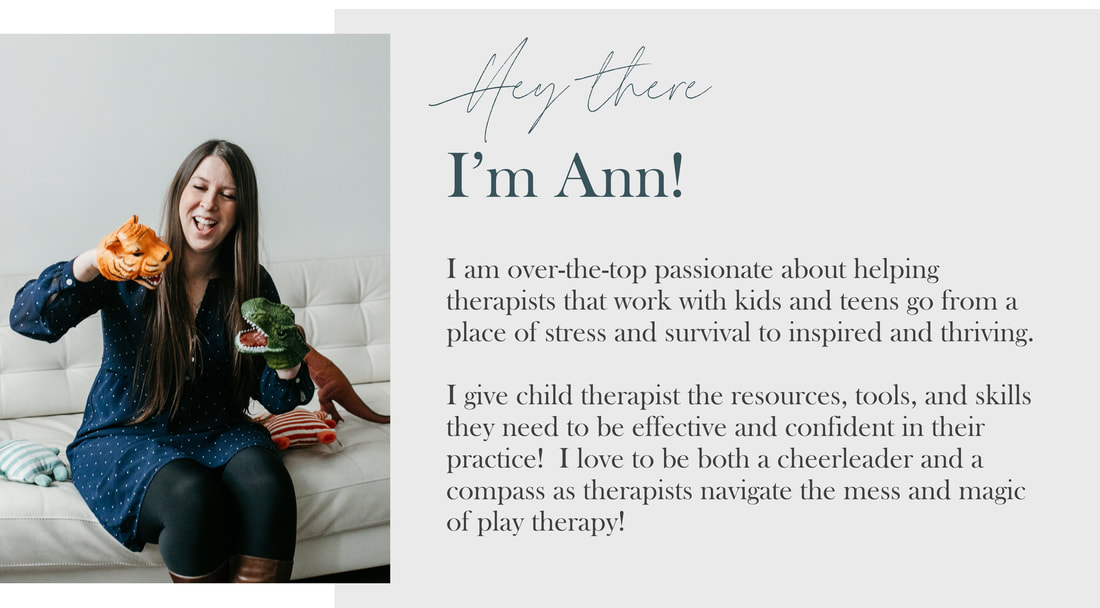|
In one of my first ever psychology classes the professor said something that was so mind blowing that it has stuck with me for my entire career and is something that I often share with clients.
So just what exactly was this wise and sage concept?
“If there are two people in a relationship/marriage and they don’t argue, I’m worried about them”.
Mind. Blown. WHAT? Isn’t arguing and fighting a bad thing? Well...what I came to learn throughout the class and my career is that if there is no conflict - someone is lying. One person in the couple is not being authentic and genuine. And the reason for this? Likely fear, anxiety or trauma. Let’s unpack this. First things first, conflict is normal and healthy! It is 100% impossible for two people to have the exact same opinions and beliefs about everything. Food, music, the weather, where you like to vacation and definitely on hot topics such as politics. And for kids and teens? They deserve a voice and an opinion too! Their voice matters, even if parents don’t exactly agree. Check out this article HERE about how validation isn’t agreement. Ok - let’s back up juuuust a minute. In case this wasn't clear - conflict in relationships can be extremely valuable! Conflict helps increase empathy and perspective taking as we get to know how the other person thinks, their viewpoints, and their values. Conflict can also help with problem solving skills, which are essential and valuable throughout the lifespan. AND conflict has been shown to increase relational resilience! Not to mention conflict helps us clarify our boundaries and values. By knowing the perspective of others we can dive deeper into how we feel about a certain topic and why! And as we have been talking about conflict in relationships in more of the romantic sense, this applies to all sorts of relationships - from the parent-child relationship to the therapist client relationship. BUT when kids and teens enter conflict with adults there can be many negative connotations. They can be labeled defiant, oppositional, or “strong willed”. And we can see the flaw in the thinking pattern that kids and teens 17 and under should comply with all adult authority and opinions without question and once they turn 18 they should magically have a set of assertive skills to move through conflict in their adult life. So what does this mean? Do we just let kids and teens argue and have conflict in any way they choose - even if that way means begging, yelling, threatening, and screaming? Not exactly. Working through conflict is an essential life skill. And with all skills, the skill of assertively moving through conflict in a healthy way is a skill that will need practice, teaching, and support! And if we are having radical acceptance - some polishing! And in the playroom this “polishing” looks like focusing on the fact that it’s not a problem that kids and teens argue and have conflict - it’s HOW they engage in conflict! It’s the difference between a child that melts down when needing to get off technology vs. the child that can express themselves and ask for a couple more minutes to finish their level (which may or may not be able to be accommodated). At the end of the day, kids and teens absolutely have the right to their opinion that they should be able to have more time. AND at the same time need to have respect for the rules and boundaries in their family. This may lead to great conversations about how a child may need a 10 minute warning to wrap up OR an opportunity to increase their regulation skills. But for either - it is the process of going through the conflict in a respectful and assertive way that is invaluable! Other kids and teens may feel like their voice isn’t heard and strong conflict (with at times unhelpful behaviors) is the only way they will be heard. Check out this blog HERE about how kids turn up the volume! For these kids and teens it may be that the only time a parent will take them seriously is when they are screaming, yelling, or stomping out. So in short - this level of conflict works. Other times smaller attempts at conflict resolution may be dismissed, shut down, or put off. Leaning into conflict in the therapeutic relationship can be an invaluable and reparative experience for a child. And oftentimes helping families as a system engage in conflict with increased effectiveness is one of the monumental and magical tasks in child and teen therapy. This often starts in the playroom with modeling healthy conflict resolution skills, showing that disagreement can be safe and helpful, holding space for kids and teens voices, and helping parents with co-regulation skills and effective parenting skills. So as much as it can be stressful as a therapist to hold space for conflict and at times you just want to get through to the other side too - it is often the process of working through that can be the most meaningful, monumental, and magical for kids, teens and families! It is where new learning, neural networks, and neural pathways emerge for healthy and assertive conflict resolution that can lead to healing long term in family systems. Loading...
0 Comments
Leave a Reply. |
Hi, there!I'm Ann Meehan, an LPCC, Loading... Archives
July 2024
Categories
All
|
Privacy Policies | Terms of Use | Disclaimer
Contact
[email protected] | Copyright Meehan Mental Health Services 2022
Contact
[email protected] | Copyright Meehan Mental Health Services 2022







